By Heiner Fruehauf
National University of Natural Medicine, College of Classical Chinese Medicine
Reduce sugar intake. White and brown sugar causes our bodies to become more acidic, which benefits the growth of bacteria. Synthetic sugar alternatives such as Splenda are harmful to the nervous system and should also be avoided. Use maple syrup, local honey, or coconut sugar for sweetening.
Increase your intake of naturally occurring trace minerals, which make the body more alkaline and have the potential to prevent infection. For instance, use Bio Nativus’ Ionic Trace Minerals (a trace mineral extract made from concentrated water from the Great Salt Lake). Add 5-15 drops to every glass of water or liquid you drink, up to 5x/day.
Gargle with saltwater after brushing your teeth, preferably with a full-spectrum natural salt such as Real Salt.
Get a skin brush and start brushing your skin after showering in the morning, especially the head, neck and chest areas. This will stimulate lymphatic circulation and increase your general feeling of vitality and well-being.
Apply essential oils before going out in public, either in the form of an anti-viral massage oil (applied to the chest, neck and lower arm areas) or an anti-viral “perfume” (applied to the area below the nostrils). During the bubonic plague in the middle ages, essential oils prevented the professions of perfumers (who exclusively worked with oils on a daily basis) and thieves (who fortified themselves with oils before burglarizing abandoned houses) to become ravaged by the pandemic. Since different viruses thrive in the environment every year, the types of appropriate oils also vary from year to year. Of the many types of essential oils available on the market, I have found that the following oils have proven to be most effective for the prevention and treatment of upper respiratory infections in early 2020:
- Eucalyptus
- Tea Tree
- Niaouli
- Lemon
- Cinnamon leaf
- Clove
- Rosemary
- Thyme
- Frankincense
- Myrtle
Any or all of the oils described above can be mixed together to produce an essential oil blend. Massage oils should incorporate 30 drops of essential oils per ounce (blended into a base of high-quality olive oil or apricot seed oil). “Perfumes” should be mixed 50/50 with a base oil like jojoba oil or apricot seed oil, and used by applying 1-2 drops of the blend to the area below the nostrils. Alternatively, according to a recent report I received, Chinese medicine practitioners during the 1938 epidemic in China successfully swabbed their nostrils with vinegar before seeing afflicted patients.
Additionally, the internal application of Chinese herbs has been proven effective in the prevention and treatment of both the COVID-19 and SARS strains during the 21st century coronavirus epidemics in mainland China. For my recent suggestions to natural medicine practitioners flooded by the question of how to best protect oneself during the current season of respiratory vulnerability see my separate article, Thoughts on Coronavirus Prevention and Treatment with Chinese Medicine.
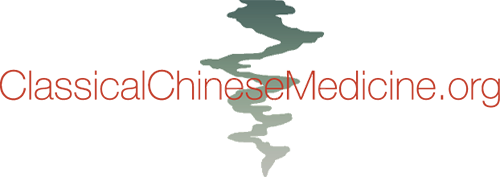
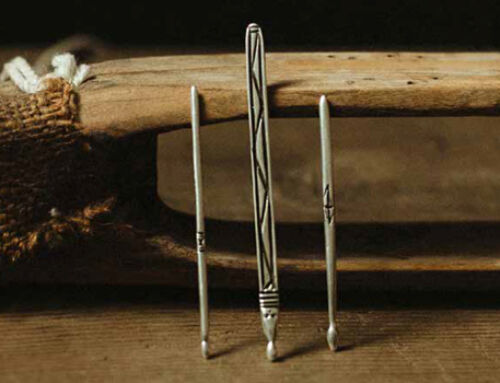

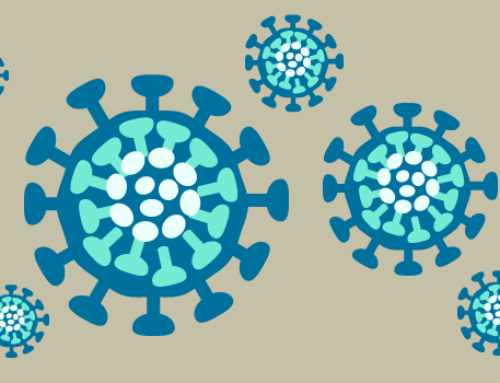
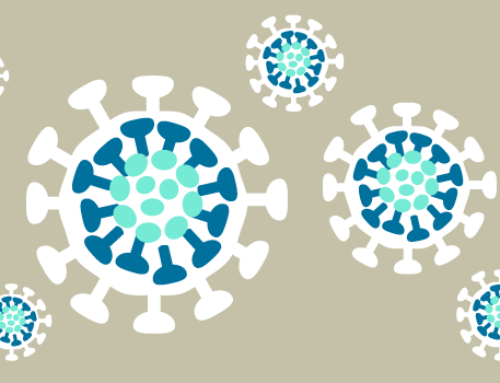
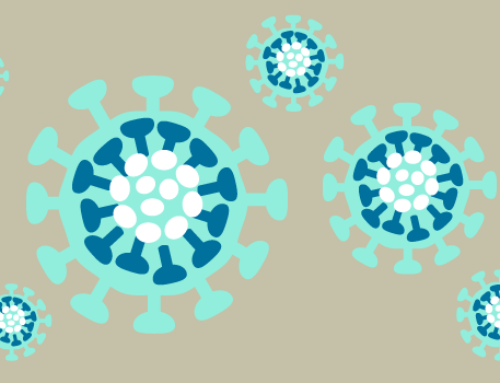
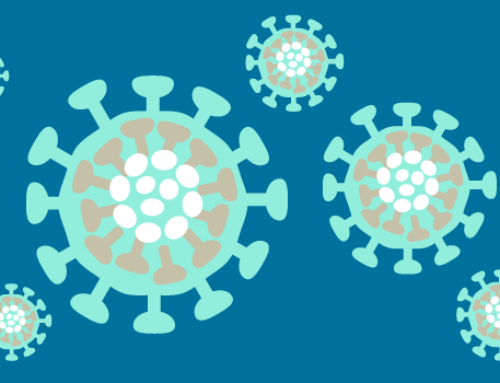
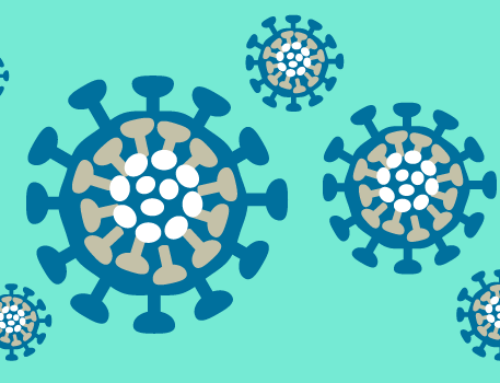
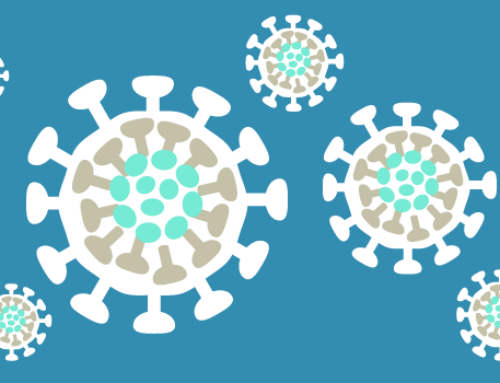
[…] thousands of years for maintaining health and the treatment of disease. These pieces from the Classical Chinese Medicine world including something from the practitioners in Wuhan are well worth […]
[…] https://classicalchinesemedicine.org/natural-methods-protect-respiratory-system-infection-during-cur… […]